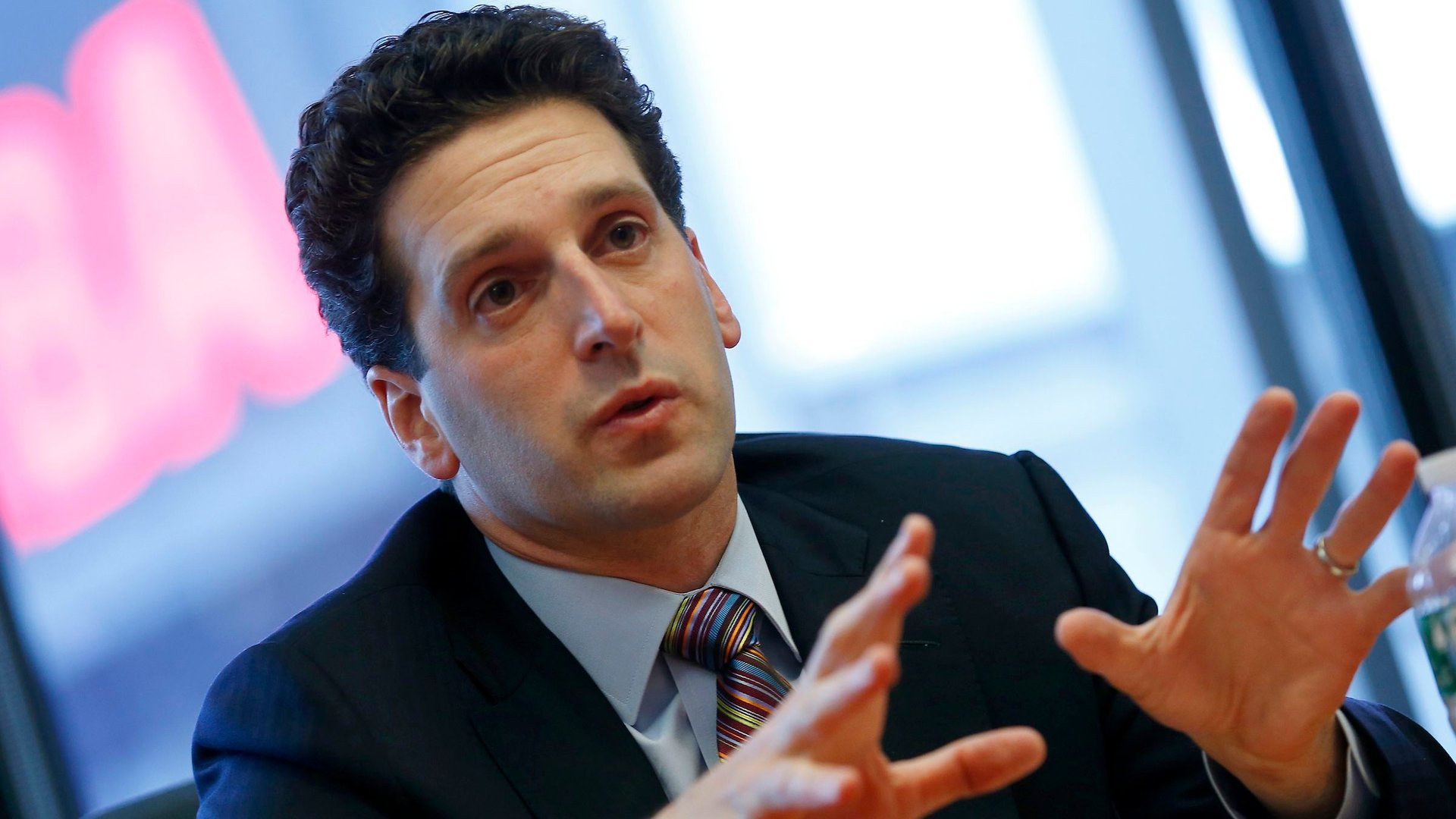Why bitcoin buffs hate New York’s proposal to regulate bitcoins
Global, anonymous, and free from any central authority, bitcoin and other digital currencies are not easy to regulate—by design. But a proposal released yesterday by the New York State Department of Financial Services attempts to do just that.


Global, anonymous, and free from any central authority, bitcoin and other digital currencies are not easy to regulate—by design. But a proposal released yesterday by the New York State Department of Financial Services attempts to do just that.
The proposal would create “BitLicenses” for companies doing business with bitcoins in New York. Some welcome the move to regulate virtual currencies, which could be a step toward bringing them into the mainstream. But critics say New York’s rules are too stringent and, if adopted, will sink the state’s burgeoning bitcoin business and set an unwelcome precedent as other states consider policies.
These are the main criticisms that bitcoin enthusiasts are making of the proposal:
It’s too intrusive
Under the policy, businesses would be required to maintain transaction information, including the identities and physical addresses of involved parties, on file for 10 years. This undermines one of the central tenets of virtual currencies—that they’re anonymous.
It’s too financially rigid
“Each firm must hold Virtual Currency of the same type and amount as any Virtual Currency owed or obligated to a third party,” the press release says. Moreover, companies are prohibited from doing anything with currency save for holding it stagnantly, and are required to maintain a bond or trust account—of an unspecified amount—“for the benefit of its customers.” In other words, bitcoin businesses won’t have anything like the flexibility of regular banks, which are allowed to make investments with customer cash.
It’s ignorant of the nuances of bitcoin businesses
The only companies that don’t fall under the regulation are those that accept bitcoin payments as goods and services, such as the e-commerce company Overstock.com. But the policies lump together companies that actually hold bitcoins—like Mt. Gox, the notorious Japanese exchange that saw nearly half a billion dollars disappear from under their noses—with companies like ChangeTip that just facilitate transactions.
Bitcoin is still a wild west for regulators. While the US Financial Crimes Enforcement Network broke ground last year in deciding that companies that exchanged virtual for real currency should be regulated as money transmitters, New York is the first state to broach the subject. And the state’s superintendent of financial services, Benjamin Lawsky, seems eager to engage with the bitcoin community—for the second time in the past four months, he asked for feedback in a Reddit bitcoin thread that has garnered over 1,500 comments so far.
Bitcoin buffs will have some time to register their displeasure. After the proposal is formally published in the July 23 edition of the New York State Register, there will be a 45-day comment period before the DFS revises and finalizes the rules.